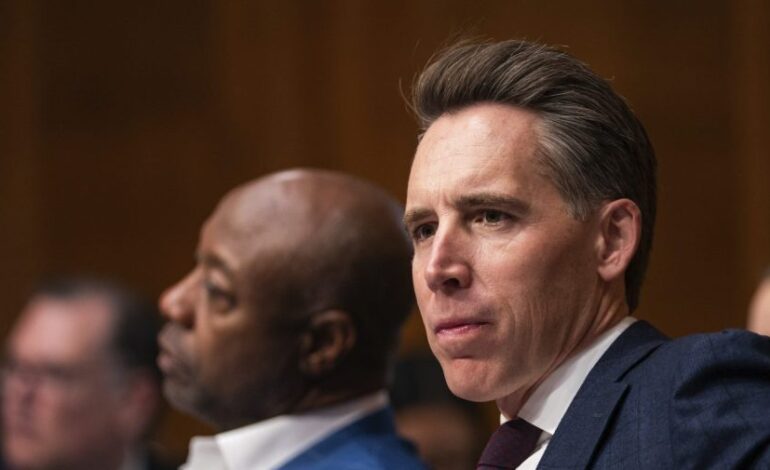Senate Republicans Clash Over Strategies to Tackle Rising Health Costs

Senate Republicans are experiencing significant divisions regarding their approach to rising health insurance premiums following the conclusion of the longest government shutdown in American history. Negotiations have recently intensified among a bipartisan group comprising 10 to 12 senators, including retiring Senator Jeanne Shaheen (D-N.H.), who is spearheading discussions aimed at addressing these escalating costs.
As the Senate reconvenes, the urgency to find solutions to the increasing financial burden on American families has prompted some members to advocate for legislative measures that could alleviate the impact of high health insurance premiums. These discussions come in the wake of the shutdown, which has left many constituents concerned about their health care coverage and costs.
Despite the growing momentum for bipartisan talks, a considerable faction within the Republican Party remains opposed to any efforts to extend coverage or implement new measures that could increase federal spending. This internal conflict has raised questions about the GOP’s ability to present a unified front on health care reform, an issue that continues to resonate with voters across the country.
The discussions led by Senator Shaheen have focused on potential pathways to stabilize insurance markets and provide necessary support to families struggling with rising costs. Proposals on the table include expanding access to subsidies and incentivizing insurance companies to offer more affordable plans. However, many Republican senators express concerns about the long-term implications of such measures on government expenses and market dynamics.
As negotiations progress, the growing divide within the GOP highlights the challenges the party faces in addressing health care reform. Some senators advocate for a more conservative approach, arguing against any form of government intervention in the health insurance market. These differing perspectives create a complex landscape as lawmakers attempt to navigate the intricacies of health care legislation.
The outcome of these negotiations could have significant implications for millions of Americans who rely on health insurance. With the pressure mounting, both parties will need to find common ground to ensure that constituents receive the assistance they need. The discussions are anticipated to continue into early January 2024, as lawmakers aim to reach a consensus on this pressing issue.
In summary, the Senate Republicans are at a crossroads, grappling with their strategies to tackle rising health care costs amidst a backdrop of political division. As bipartisan efforts gain traction, the challenge remains to forge a path that addresses the needs of constituents while aligning with the party’s fiscal principles. The next steps taken by Congress will be crucial in shaping the future of health care in the United States.






